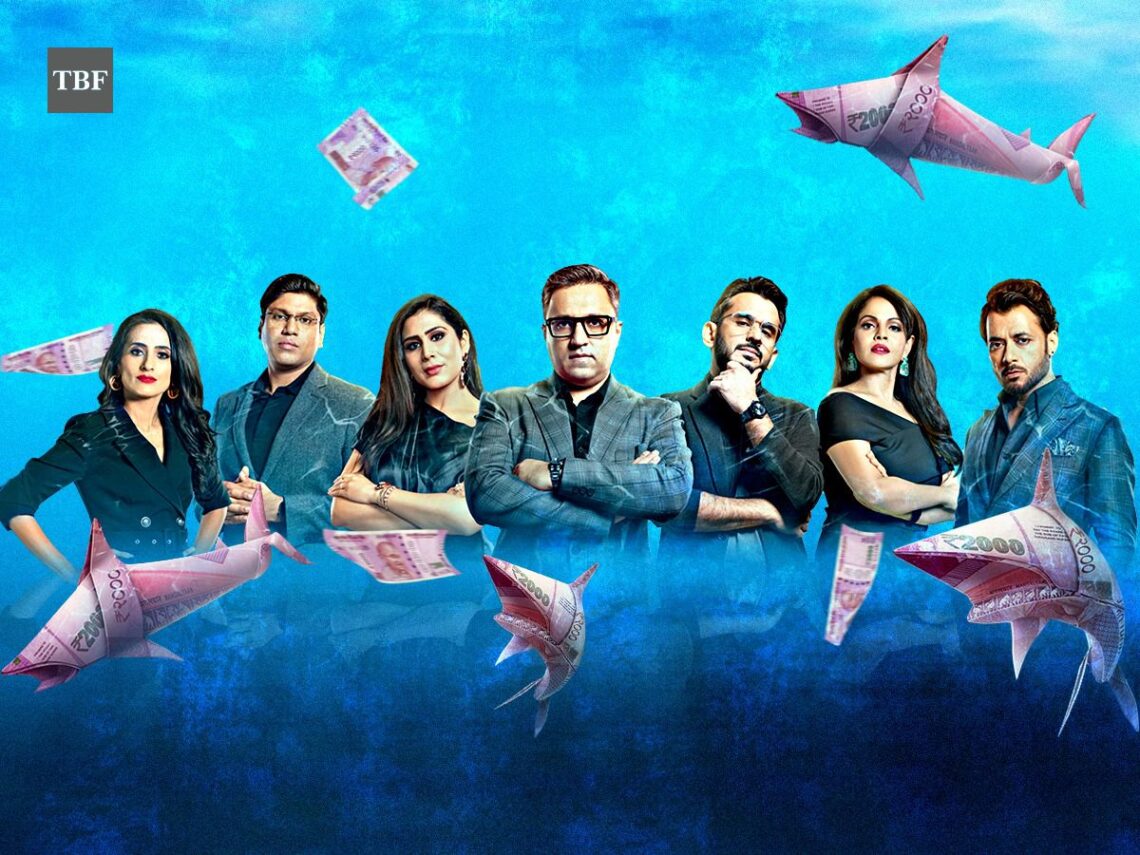If you’re an entrepreneur, you’ve probably seen the ABC television show Shark Tank. I definitely suggest it if you haven’t already. Although it’s tempting to dismiss reality shows as too theatrical and frequently contrived, Shark Tank teaches entrepreneurs who pitch to investors for funding some essential lessons. Many of the show’s most valuable insights are owed to the brilliance of Mark Cuban, a business genius and personal mentor of mine.
Shark Tank, the iconic American reality show, has made its way to India. Sony TV has purchased the rights to Shark Tank India, the Indian version of the reality show. Taking to social media, the channel informed followers of the announcement and released the first promo, which has piqued viewers’ interest.
Throughout the show, numerous entrepreneurs pitch their company ideas to investors known as ‘sharks,’ who then select whether or not to invest.
Indeed, the show ‘Shark Tank India’ has created quite a stir among the populace in a short period of time, owing to the country’s thriving startup culture, which has been fostered by the correct laws. But how did India manage to handle this shift with high approval for a prime-time reality investing show?
“When we started, India was changing and a revolution was unfolding,” says Aman Gupta, founder of boAt. It was being replaced by a new India.” Founded in 2016, ‘boAt’ is now a colloquial term for a long-lasting, ultra-fashionable, and budget-friendly audio product line. Aman Gupta and his co-founder, Sameer Mehta, have carved out a market niche in India that was previously dominated by Chinese and German goods. Shark Tank (USA), according to Gupta, has played a significant part in realizing his aspirations and molding him as an investor.
Sony Entertainment Television purchased the rights to the Emmy-winning ABC series ‘Shark Tank’ in 2021 with the intention of launching its own version, ‘Shark Tank India.’ The show debuted on Sony TV on December 16 and airs daily from 9 to 10 p.m. The framework of the show is straightforward: aspiring startup companies pitch their ideas for investment in front of a panel of angel capitalists known as ‘Sharks.’
The show’s concept allows the viewer to observe how agreements are formed, ideas are manifested via commerce, networking promotes community development, and the imaginative solutions businesses create to tackle societal challenges. The audience is humbled by observing the path of a promising business of tomorrow taking form, rather than the success tales that are lauded.
In some ways, this encourages small-town entrepreneurs, particularly women, to carve out their own identities via financing. It was heartwarming to hear the tale of Rakhi, a millennial entrepreneur who left her family after receiving criticism for co-founding EventBeep, a community network app for college campuses. In addition to offering the initiative Rs. 30 lakhs in exchange for 2% equity, Ashneer Grover was interested in gifting Rakhi Rs. 10 lakhs in exchange for a personal 0.5 percent stock stake to secure her future.
Anupam Mittal, a shark, feels that the years 2020–2030 will be an “entrepreneurial decade.” In addition, 33 new firms were added to India’s list of unicorns in 2021. An undercurrent of entrepreneurial energy seeking to be valued drove the growth of unicorns (entrepreneurs valued at $1 billion or more) and a robust ecosystem of rising startups. This promise was realized in 2014 when the administration of Narendra Modi (who had previously carved out market-driven growth in Gujarat) launched the Start-Up India program.
A slew of obsolete colonial-era restrictions and socialist-era red-tapeism were slashed, and ease-of-doing-business was avidly pursued. On a policy level, innovative plans for new firms were developed in collaboration with various ministries. Since then, a new generation of ‘wealth-creators’ sees the Indian start-up ecosystem as having a promising future. It is where great aspirations meet big brains, and they collaborate to create a ‘new concept of India.’
Big Numbers
The show’s USP has been in highlighting the promise of hidden innovation in India, which is grounded when ventures like Annie, a braille learning gadget, discuss their desire to give back to society. Shark Vineeta Singh, an IIM-A graduate who turned down a one-crore salary in investment banking, on the importance of vision in the process. When I refused my job, it made headlines in the newspapers.” But, with a fresh idea and a lot of effort, I made my own headlines—with SUGAR cosmetics being valued at 500 crores.”
The Sharks, who have committed a total of Rs. 41.68 crore to 67 qualifying fledgling companies, are among the most well-known figures in the business world today. Aman Gupta (co-founder of boAt), Ashneer Grover (MD and co-founder of fintech firm BharatPe), Ghazal Alagh (co-founder of Mamaearth), Vineeta Singh (CEO & Co-founder of SUGAR Cosmetics), Anupam Mittal (founder of Shaadi.com), Namita Thapar (Executive Director of Emcure Pharmaceuticals), and Peyush Bansal are among those (co-founder and CEO of Lenskart).
In a very short period of time since its debut, Shark Tank has struck a chord with aspiring, hardworking people who have a vision and a stake in India’s future. What is particularly exciting to observe are the stories from across India taking center stage in order to carve out their individuality via entrepreneurial enthusiasm. The Sharks have made incredible agreements with new ventures ranging from gadget startups to food firms.
Peeschute, a firm dedicated to improving bathroom cleanliness, manufactures inexpensive unisex disposable urine bags. The creator, Siddhant Tawarawala of Jalna, Maharashtra, has agreed to a deal with Aman Gupta for 75 lakhs in exchange for a 6% equity stake. Similarly, Skippi Pops, ice pops firm from Hyderabad, raised the most money (1 crore) for 15% equity, with all five sharks contributing. This also emphasizes the need for teamwork in the economic world.
Key Background
- What exactly is a Shark Tank? Shark Tank is an ABC business reality show that debuted on August 9, 2009. The game show’s concept includes entrepreneurs pitching company concepts to investors or “sharks,” who then decide whether or not to invest in one.
- The “Sharks”
Among the long-serving judges are entrepreneurs Robert Herjavec and Kevin O’Leary, who previously appeared on the Canadian edition of Dragons’ Den. Barbara Corcoran, Mark Cuban, Lori Greiner, and Daymond John are among the others.
- Where did it originate?
Shark Tank, the American equivalent of Dragons’ Den, debuted on ABC in 2009. Throughout the show, the majority of the investors, or sharks,’ do their best to identify flaws in an entrepreneur’s business plan. While investors are compensated to listen to and evaluate business plans, they must also invest their own money in the company.










